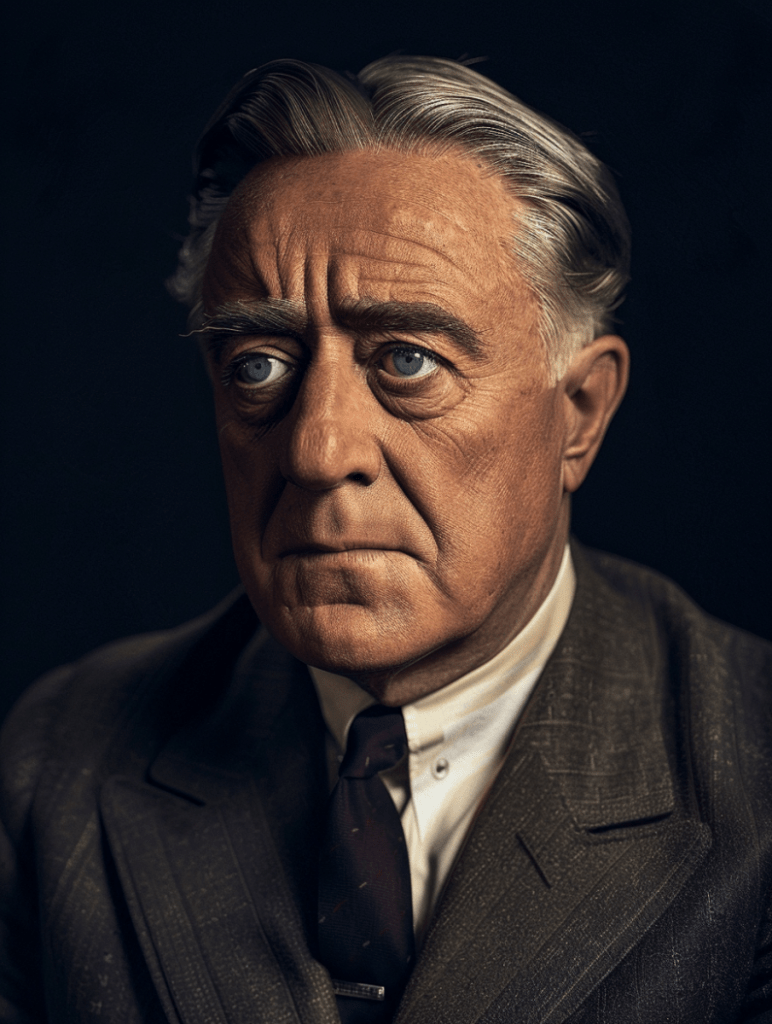On This Day, April 12, 1945, the United States and the world were rocked by the sudden death of President Franklin Delano Roosevelt. He passed away from a cerebral hemorrhage while at his retreat in Warm Springs, Georgia. Roosevelt, commonly referred to by his initials FDR, was the 32nd President of the United States, serving an unprecedented four terms and leading the nation through the Great Depression and World War II.
FDR’s leadership style and policies, known as the New Deal, dramatically reshaped the American political and economic landscape. His initiatives helped to stabilize the economy, provide employment, and establish a social safety net. Internationally, his leadership was pivotal during the early years of World War II, positioning the United States as a key player on the global stage in the fight against Axis powers.
Roosevelt’s death brought Vice President Harry S. Truman into the presidency, who would see through the end of World War II and the beginning of the Cold War. FDR’s legacy remains profound, as he is often rated among the greatest U.S. presidents for his domestic reforms and international leadership during some of the darkest times of the 20th century.
